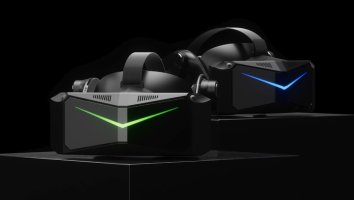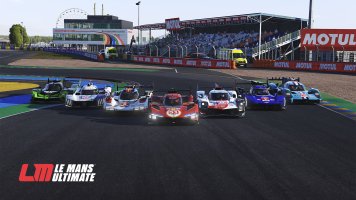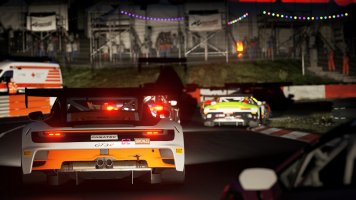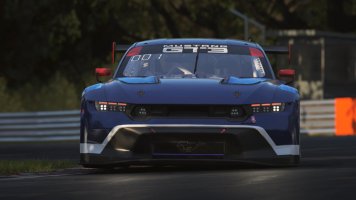Your 1070 most likely won't get any more than maybe 20 - 30 Mhz on the core if you try to overclock it. The GPU's have a pretty good self overclocking profile that get most of what the silicon is capable of pretty much out of the box. For instance, my 1080Ti boosts to 1950Mhz on it's own given that it's kept cool enough. If I try to add anything to the core, I get maybe 30Mhz if I'm lucky and that's only if it's kept under 80C. Anything over that and it throttles itself. So you can see the effect of manually overclocking modern Nvidia GPU's can actually have an overall negative effect when thermals are taken into account.
Your card might differ, but after Nvidia introduced their GPU Boost tech, pretty much all the fun went out of overclocking graphics cards.
True but also a bit more complex!
I have a 1070 myself and it clocks at about 1970 MHz when freshly booted and goes down, depending on case temperature, gpu load (and therefore temperature) and power usage to 1790 MHz.
Mostly it will stick to around 1900 MHz though.
Now there are different things you can set in tools like MSI Afterburner to make the auto-boost work a little differently.
- Power Limit: Put it to maximum. The GPU Bios will only take what's coded into it as maximum. You might see an increase in MHz without any issues other than becoming a bit hotter!
- Temperature Limit: Default is 80°C afaik but the card will start to lower it's clockrate way before hitting this limit. A modern GPU has no problems with going up to 90°C though! Even 100°+ might not be a problem at all!
So I set it to 87°C just to be absolutely safe.
Now we've made sure that the auto-boost will not be restricted by power consumption (I guess every gaming PC has a 450+ W PSU?) and a stupidly low temperature limit.
You might see that your GPU now goes up to 2000+ MHz when cold but will lower it after a while quite a lot.
The problem now is that if you just raise the core clock generally, it will go up to a not-stable clockrate when freshly booted but will still go down, maybe even further because it becomes hotter, when gaming for a while.
So there's a "curve" now available.
I've cooked my GPU to ~80°C via MSI Kombustor, the core voltage settled nicely and so did the clockrate. I then raised the clockrate until I saw artifacts happening. These card don't really "crash". First the image will get screwed up.
This is your "gaming voltage and clock speed" you should aim for.
Then I've set the curve to hit this point but I've restricted the GPU from going higher when the voltage gets raised due to being cooler or anything.
I've also didn't touch the values for lower voltages as that may cause instability and isn't really relevant when gaming at around maximum GPU load (everything else isn't interesting when overclocking).
Looks like this for me:
If my 1070 gets utilized to more than let's say 75%, it will always stick to 2012 MHz (to be precise it somehow goes down to 2000 MHz because you can't really lock the auto-boost completely...).
It won't destabilize itself by clocking higher no matter what! (Yeah it goes up to 2048 MHz, again, auto-boost...).
I didn't touch the core voltage at all though! I have another profile where I did touch it and I can achieve artifacts-free 2100 Mhz but that's really not worth it...
But in the end these few MHz don't really matter performance wise. I just wanted to have 2000+ MHz all the time since I like it, lol.
The
memory clock gives a way bigger performance boost! Mine runs at +577 MHz. That's around 5-12% performance boost!
So if you want to really see a performance boost, overclock the memory!
To close this: I've got the MSI gaming x which has a nice, but not the best cooler (only 2 slots though). I have a very very hot case. My 2600k at 4.4 GHz will hit 75°C during rendering with a Thermalright Le Grand Macho. Friend of mine got the same setup, different case, 62°C max...
My 1070 won't go above 82°C while the fan is locked at 55% max. Which only gives a slightly noticeable airflow-noise.











